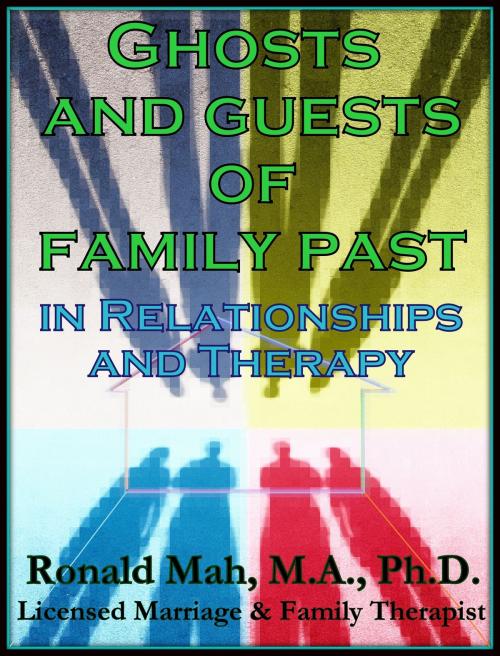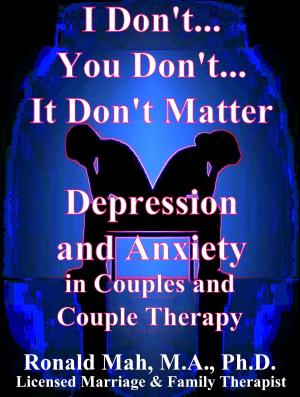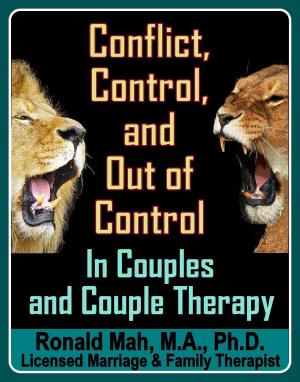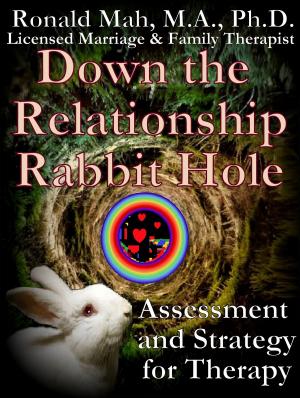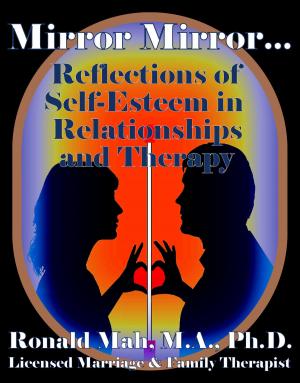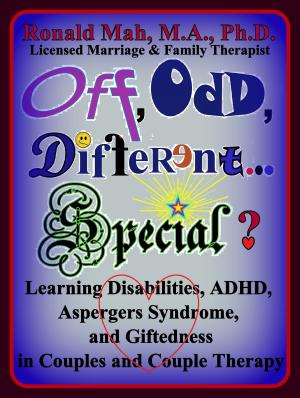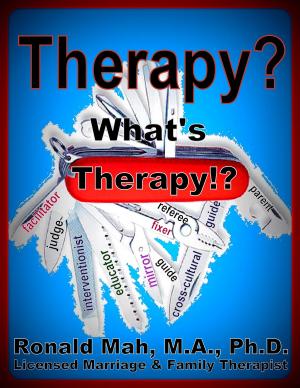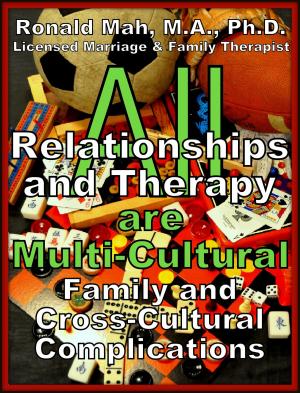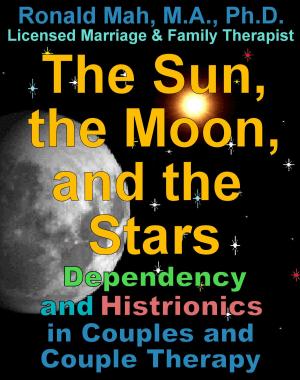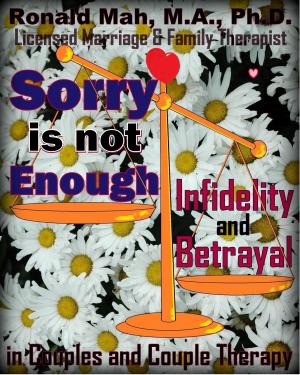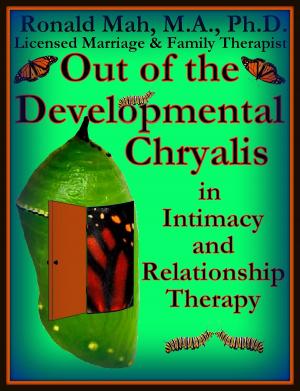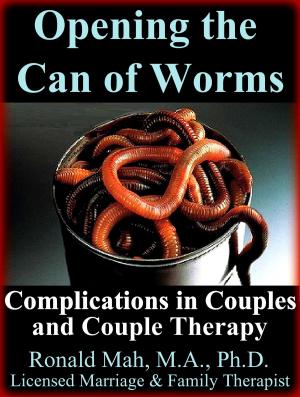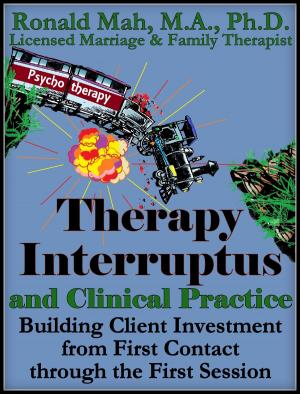Ghosts and Guests of Family Past in Relationships and Therapy
Nonfiction, Health & Well Being, Psychology, Family Therapy, Counselling| Author: | Ronald Mah | ISBN: | 9781311998903 |
| Publisher: | Ronald Mah | Publication: | December 28, 2013 |
| Imprint: | Smashwords Edition | Language: | English |
| Author: | Ronald Mah |
| ISBN: | 9781311998903 |
| Publisher: | Ronald Mah |
| Publication: | December 28, 2013 |
| Imprint: | Smashwords Edition |
| Language: | English |
"Ghosts and Guests of Family Past in Relationships and Therapy." Individuals carry expectations, experiences, models, and values of variable functionality that profoundly affect intimacy and relationships. Negative experiences can become neurotic filters that alter perceptions and interpretations of others creating relationship dysfunctionality. The therapist prompts clients to recognize scripts and roles from the family-of-origin that create problems in current relationships. Incoherent versus coherent stories for self-identification, attachment, and family dynamics are shown as affecting relationship success. The therapist is directed to help clients identify and address embedded roles, models, and key cues for problems from developmental stress and cross-generational transmission: illogical values, pseudo-maturity, rigidity of roles, triangulation, implicit rules, and illogical perception. Relationship scripts need to be examined for functionality including the gallant knight-damsel in distress pairing, the fixer-project dynamic, distance-pursuer roles, and various money scripts. Illogical conclusions are examined for compelling symbolic meanings and historical logic that has become nonsensical for current relationships. Intimacy and relationship between a therapist and individual client must be a precursor to other relationships. Whether the unit of treatment is the individual, couple, or family, the therapist is guided to facilitate the person's growth or development with the requirement of another person or other persons in a reparative relationship.
"Ghosts and Guests of Family Past in Relationships and Therapy." Individuals carry expectations, experiences, models, and values of variable functionality that profoundly affect intimacy and relationships. Negative experiences can become neurotic filters that alter perceptions and interpretations of others creating relationship dysfunctionality. The therapist prompts clients to recognize scripts and roles from the family-of-origin that create problems in current relationships. Incoherent versus coherent stories for self-identification, attachment, and family dynamics are shown as affecting relationship success. The therapist is directed to help clients identify and address embedded roles, models, and key cues for problems from developmental stress and cross-generational transmission: illogical values, pseudo-maturity, rigidity of roles, triangulation, implicit rules, and illogical perception. Relationship scripts need to be examined for functionality including the gallant knight-damsel in distress pairing, the fixer-project dynamic, distance-pursuer roles, and various money scripts. Illogical conclusions are examined for compelling symbolic meanings and historical logic that has become nonsensical for current relationships. Intimacy and relationship between a therapist and individual client must be a precursor to other relationships. Whether the unit of treatment is the individual, couple, or family, the therapist is guided to facilitate the person's growth or development with the requirement of another person or other persons in a reparative relationship.
